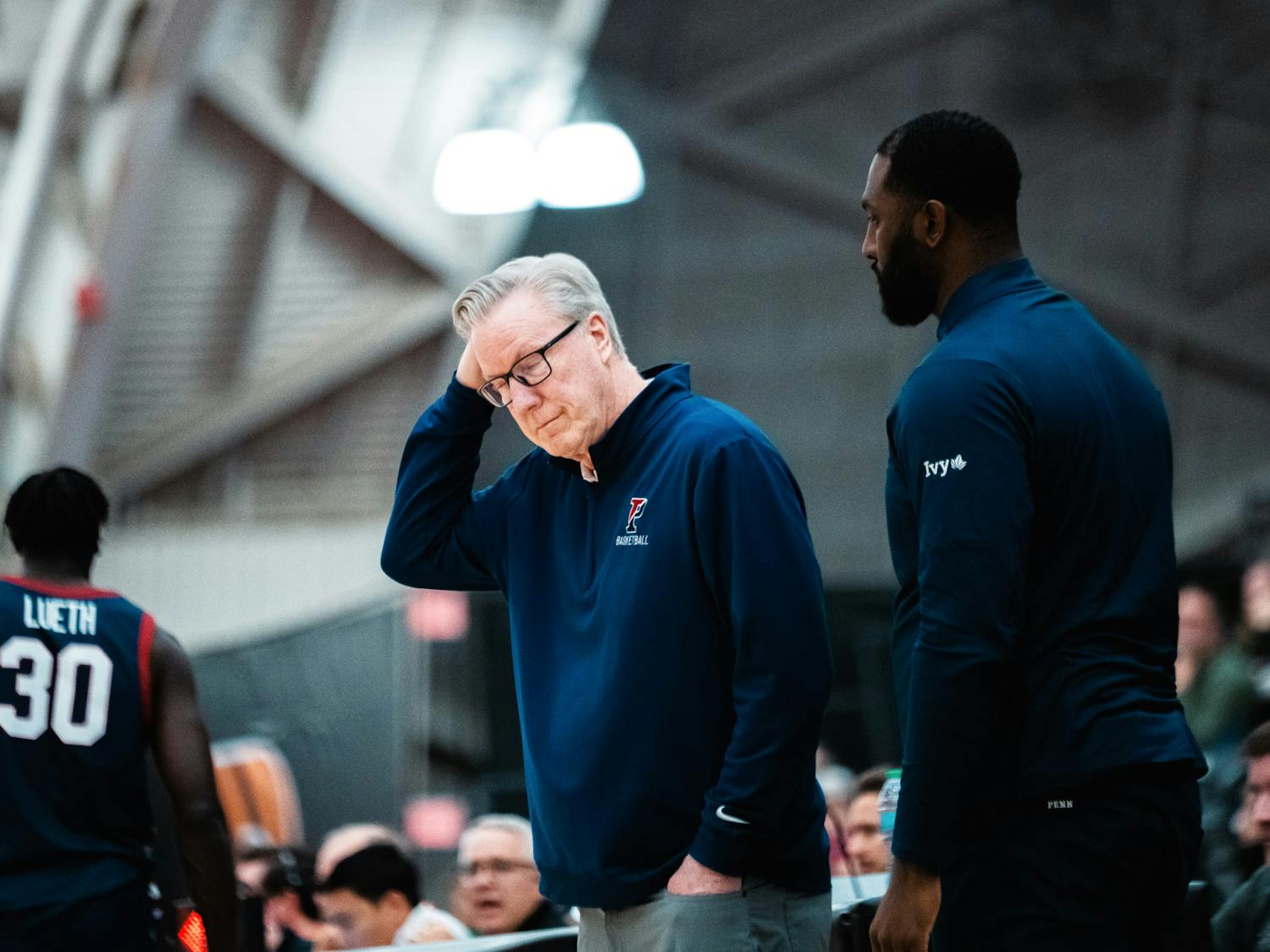This past April, the members of the NCAA Board of Directors who represent Division I-A football schools agreed to allow all teams at that level to play 12 games a year.
The I-AA members of the board, however, voted unanimously against the proposal, so I-AA teams will continue to play 11 games per season as they traditionally have.
In the opinions of representatives of two of the Northeast's most prominent I-AA football teams, that vote was fully justified.
Delaware head coach K.C. Keeler is in charge of a program that could have seen a considerable benefit from an additional game on the schedule. The Blue Hens have become one of the top I-AA teams in the nation, with a large fan base and the 2003 National Championship in their trophy case.
That status could earn them another lucrative home game or an even more lucrative road game at a Division I-A team, where revenues for the visitors often total hundreds of thousands of dollars.
Penn -- along with the rest of the Ivy League -- does not even have a choice. The league sets the scheduling rules for all eight of its members, and mandates that there can only be 10 football games on the schedule.
Earl Cleghorn, Penn's associate athletic director, said that Penn does not necessarily agree with this policy and would not mind having an 11th game in the season like the rest of Division I-AA.
"We would certainly entertain having the ability to schedule an 11th game," he said. "We would love to have it as an optional choice from the league."
Cleghorn sets the Penn schedule in conjunction with athletic director Steve Bilsky and football coach Al Bagnoli.
Bagnoli said that he also favored adding an 11th game to Penn's season and would be willing to give up the annual scrimmage against a Division III team in order to have it.
"I think we should play a game -- we're already playing 11 contests," he said. "It will certainly prepare you much more for the Ivy League schedule."
But Cleghorn said that it might be better to have a scrimmage against lesser opposition than to have to start the season right away with a big game.
He also cautioned against those who think that it would be easy to simply add a game to the Quakers' season, even if other teams nationwide are playing.
To have an 11th game in the season, Penn's players would have to report to campus a week earlier in the summer than they do. They traditionally report for practices three weeks before classes start.
"I'm not against an 11th game, but I think you have to have adequate preparation for the youngsters to compete."
Having players report early to campus, as well as any possible travel involved in playing an extra game, would also be an expense for the athletic department.
But Cleghorn said that "we would work very hard to financially support having to report even earlier than we do now, to prepare for that game prior to the start date that we have presently."
Regardless of his opinions, Cleghorn said that the probability of the Ivy League's adding another football game to the schedule is slim.
"From the indications that I have heard, I do not see it happening," he said.
Cleghorn criticized the motivations behind Division I-A schools adding another football game to their schedules, which he said were "strictly a financial decision."
"It's another weekend and another full house at so many places," he said. "Back when I was at Temple in the 80's and early 90's, when we'd go to Penn State, they used to make over $1 million a game just on parking."
These days, Cleghorn does not have to deal with the same kinds of financial questions. The rules being what they are, it seems like he will never have to.








